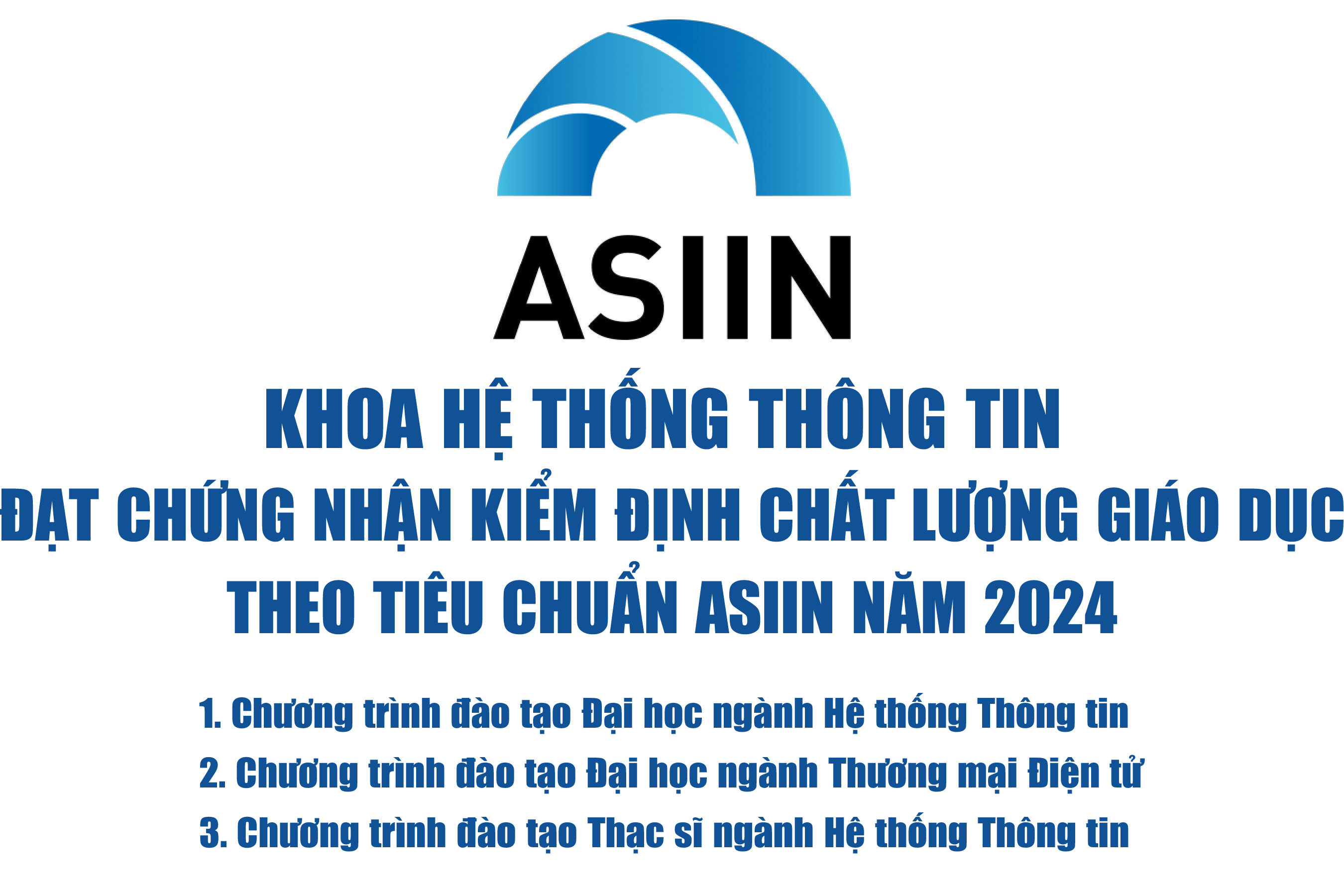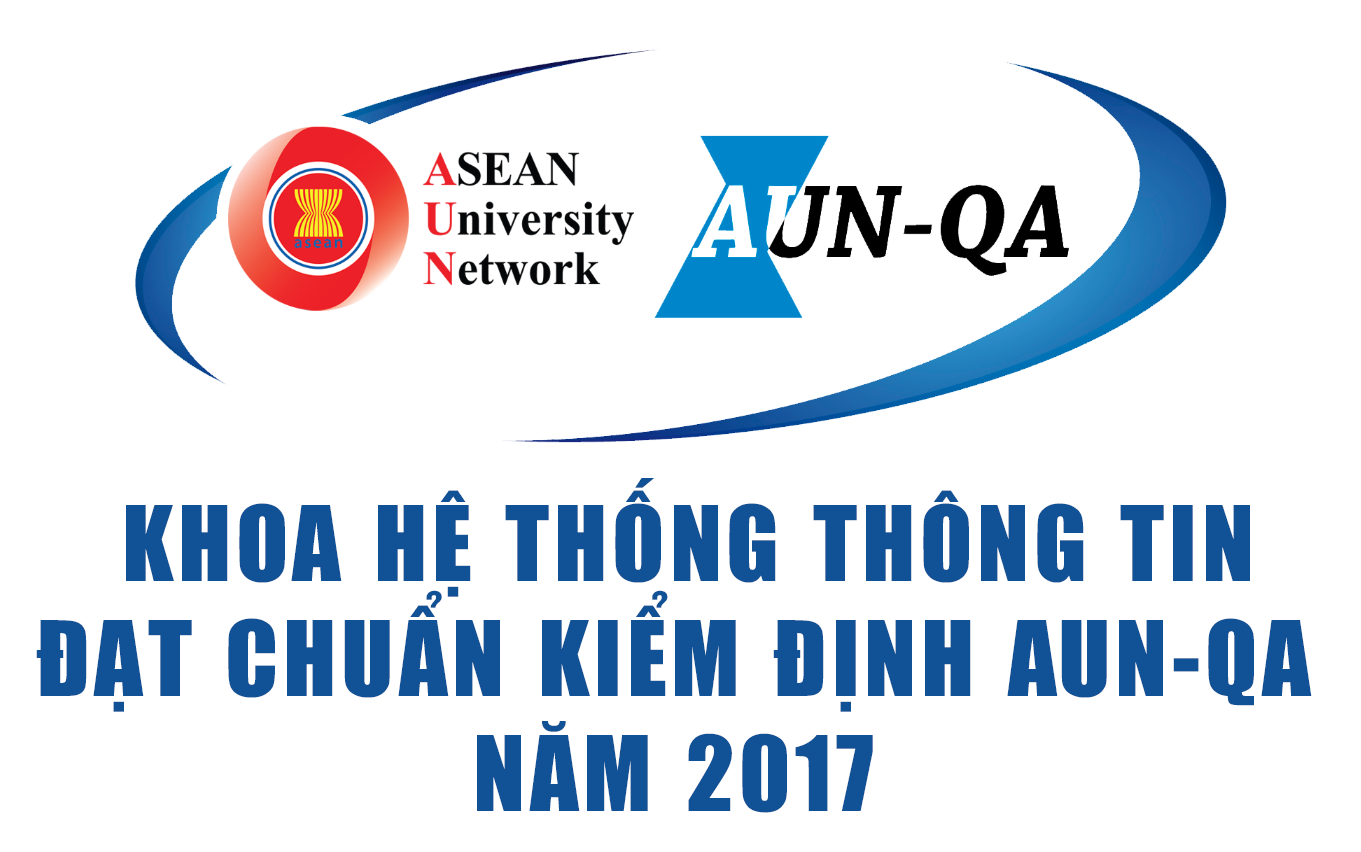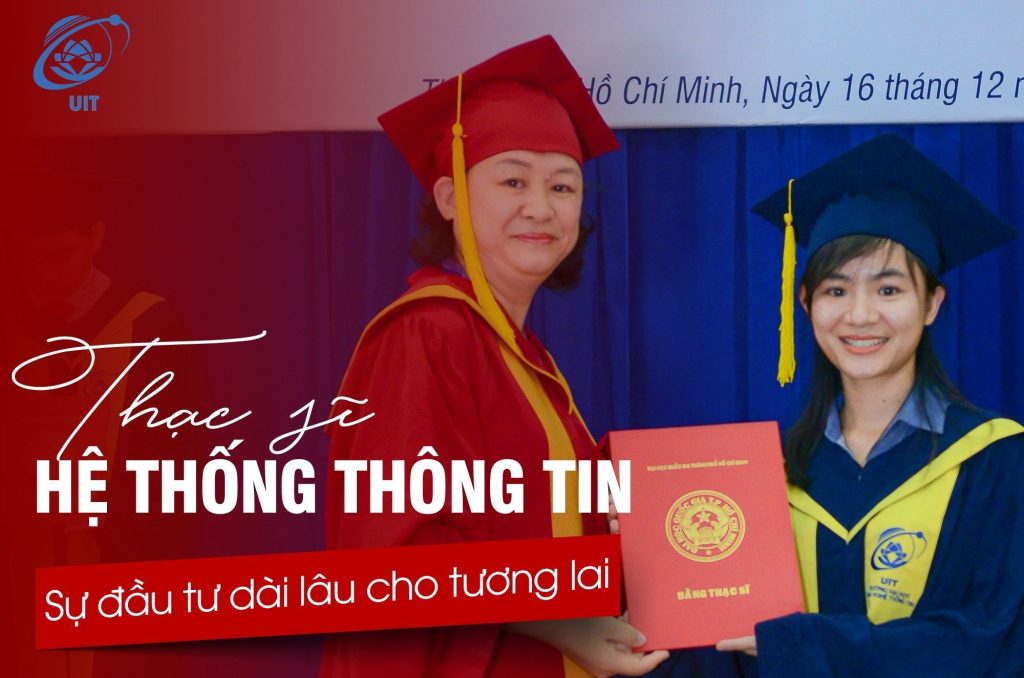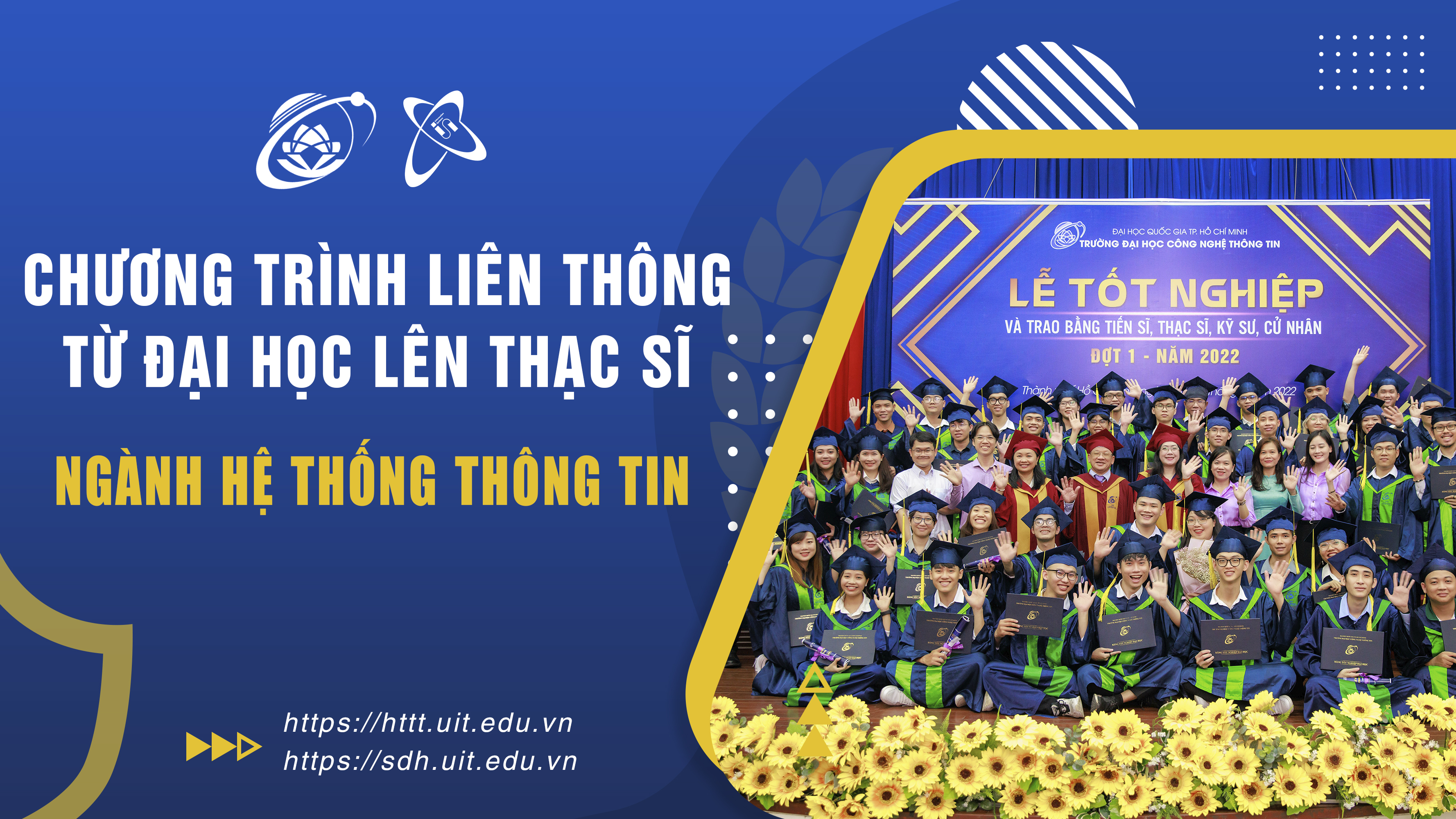Chúc mừng nhóm sinh viên HTTT2021 và học viên cao học ngành HTTT có bài báo tại Hội nghị Quốc tế về Trí tuệ Nhân tạo (MIWAI 2025)
The Multi-Disciplinary International Conference on Artificial Intelligence (MIWAI), formerly called The Multi-Disciplinary International Workshop on Artificial Intelligence, is a well-established scientific venue in the field of Artificial Intelligence. MIWAI was established more than 17 years ago with the aim of being a meeting place where excellence in AI research meets the needs for solving dynamic and complex problems in the real world.
MIWAI focuses on multidisciplinary applications of AI in real-world problems such as control, planning and scheduling, pattern recognition, knowledge mining, software applications, and strategy games. The conference provides opportunities for academic researchers, developers, and industrial practitioners to present their work, share experiences, and exchange ideas.
The main purposes of MIWAI are:
- To provide a meeting place for AI researchers and practitioners.
- To inform research students about cutting-edge AI research via the presence of outstanding international invited speakers.
- To raise the standards of practice of AI research by providing researchers and students with feedback from an internationally-renowned program committee.
This year, MIWAI 2025 will be held in Ho Chi Minh City from December 3 – 5, 2025.
Link hội nghị: https://miwai25.miwai.org/
Tên bài báo: “Fuzzy Multimodal Product Retrieval and Recommendation in Vietnamese E-Commerce with LLMs and CLIP”
Nhóm sinh viên, học viên thực hiện:
- 21520429, Đỗ Mai Như Quỳnh, HTTT2021.
- 21521505, Nguyễn Huy Thục, HTTT2021.
- 220104018, Nguyễn Minh Nhựt, HVCH HTTT 2022.
Giảng viên hướng dẫn: PGS. TS. Nguyễn Đình Thuân
Abstract: The paper introduces an intelligent product search system that combines the CLIP model with large language models (LLMs) to efficiently handle and enhance multimodal query processing based on both text and images. The research proposes four main approaches: (1) applying fuzzy clustering techniques to optimize the search space over large-scale datasets, thereby accelerating retrieval speed; (2) integrating a fine-tuned LLM capable of understanding user query context and automatically routing it to appropriate query-processing modules; (3) mapping both images and text into a shared embedding space using the CLIP model to improve retrieval and matching accuracy; (4) building a recommender system based on fuzzy logic and fuzzy inference system. Experimental results demonstrate that the proposed methods significantly improve response time, query precision, and adaptability to complex real-world queries.











